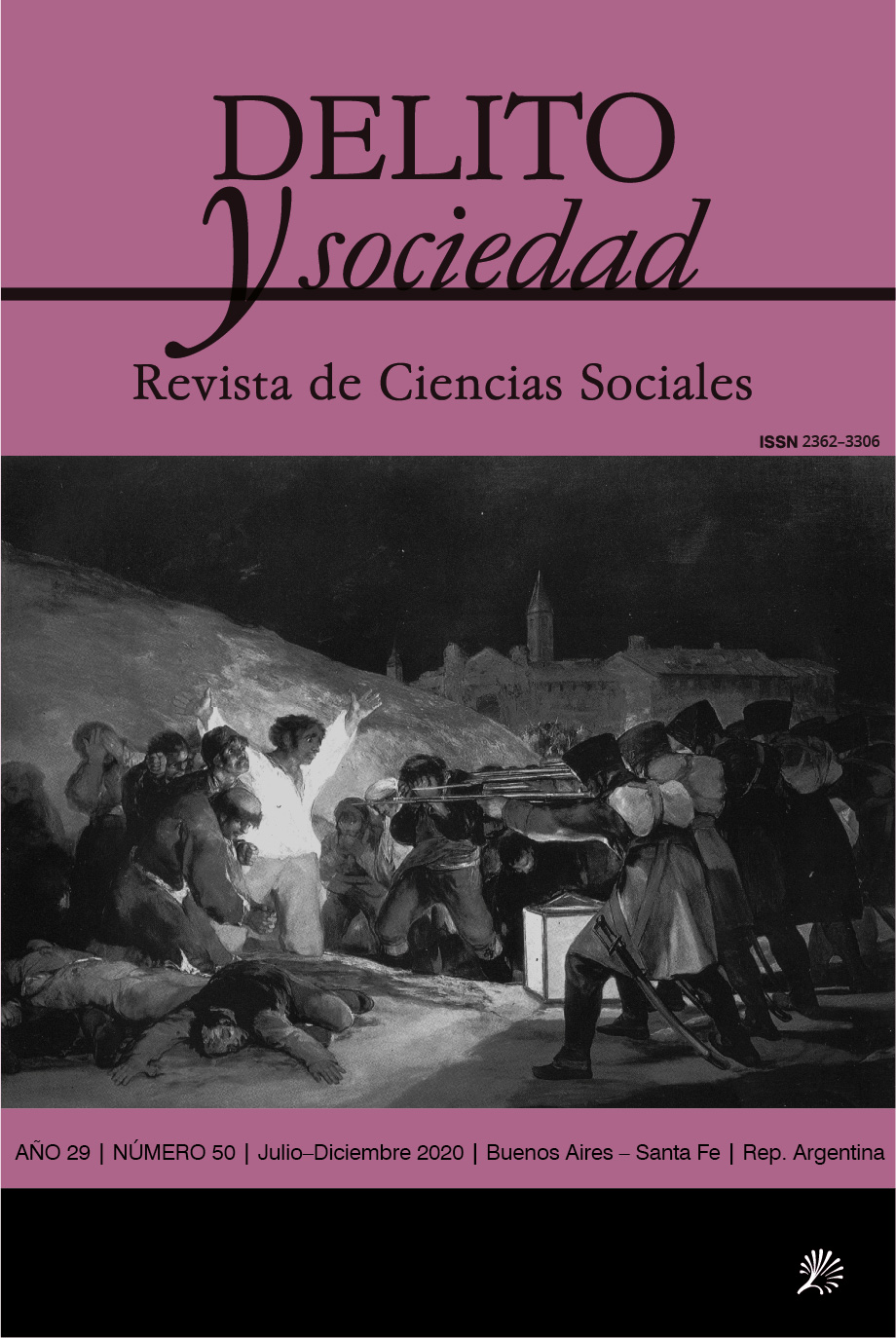Deconstructing the «eighbourhood effect'»om a comparative perspective and its criminological implication in the global south
DOI:
https://doi.org/10.14409/dys.2020.50.e0016Keywords:
neighbourhood effect, criminogenic, inequality, social distributionAbstract
The essential need to develop social policies that promote the reduction of inequalities is an issue that has been repeatedly discussed in various academic and political forums. The question to whether the distribution of the population, in an economic and spatial way, can predict future opportunities of its members; and how the neighbourhood in which a person grows can be a decisive element in the integration to the labour market, remains controversial from an academic perspective. e Neighbourhood effect is heavily marked by traces of inequality and segregation that have the power to shape societies and act as a criminogenic factor. It challenges academics to study the relationship between the place where people grew or reside and their social, economic or psychological influence on individuals. This essay aims to create an analysis of different social realities such as Latin America, USA, and the Nordic countries; by providing an approximation of the neighbourhood effect in each place and its various local manifestations. It will be argued that the conditions of the neighbourhood can and will shape the members of a community when they are exposed to these characteristics for a long time. The mechanisms to improve these conditions will be outlined.

